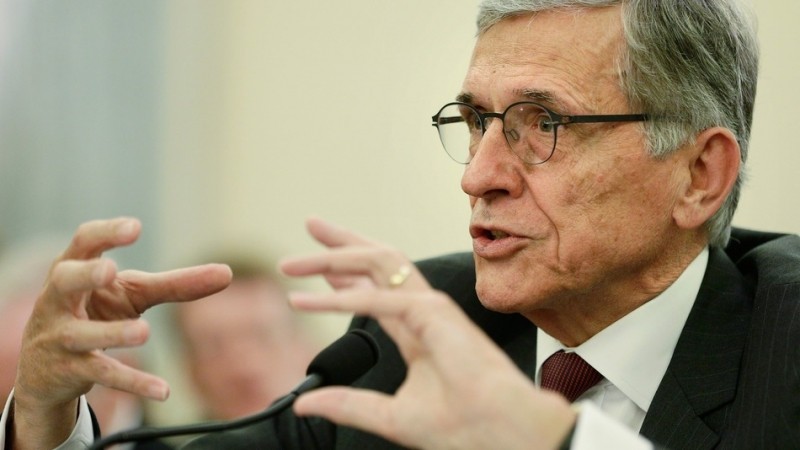
After the FCC’s Open Internet Order, which prohibited ISPs from blocking online content and required ISPs to be more transparent about their policies, got struck down by the DC Circuit Court in January 2014, chairman Tom Wheeler is reportedly ready to propose new Net Neutrality rules next month. Unfortunately, with the court’s decision limiting his options last time around, it appears he’s ready to concede ISPs the option of setting aside a ‘fast lane’ for bandwidth intensive content companies under certain circumstances.
According to the Wall Street Journal, Wheeler's new plan would still prohibit ISPs from blocking or discriminating against specific websites, but deep-pocketed companies like Netflix or YouTube could pay extra to ensure their content is delivered fast. The proposal would require network owners to provide a baseline level of service but it’s not clear what that will be.
The FCC will require ISPs to act in a "commercially reasonable manner" when making priority access deals with content companies. Should any of these deals be challenged by a third-party, the commission would look at its impact on competition, on consumers, on free speech and civic engagement.
There’s a lot seemingly left in ambiguity and open to interpretation. Needless to say, it didn’t take long for the online backlash to pour in, calling the move everything from a turnaround in policy to a betrayal and an invitation for internet service providers to pick winners and losers online.
FCC Chairman Tom Wheeler responded saying his critics are “flat-out wrong” and that the new rules would protect consumers in a way that could withstand legal scrutiny after its two previous attempts were tossed out in court.
Proponents of Net Neutrality were pushing to reclassify broadband as a telecom service, which must be provided equally for all.
Image via T.J. Kirkpatrick/Getty Images